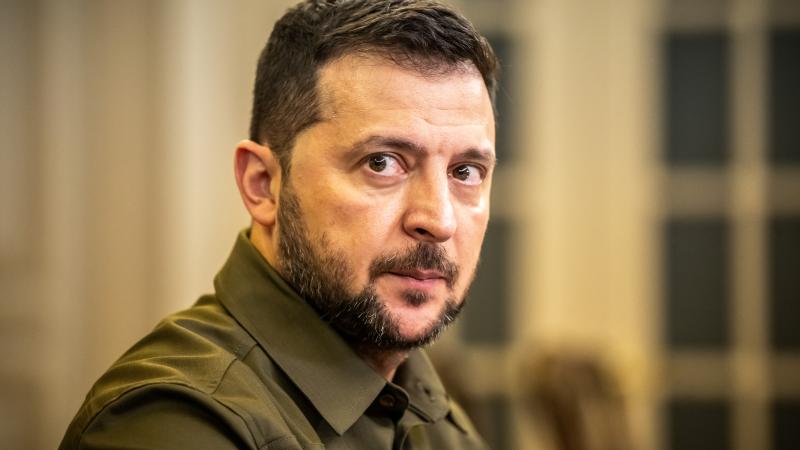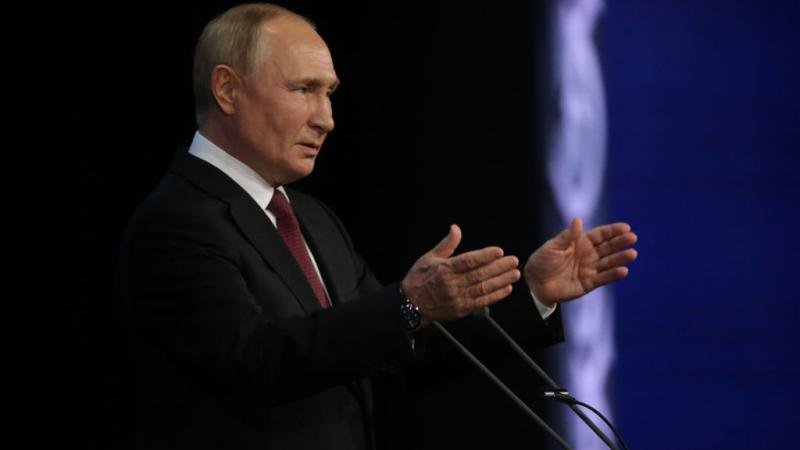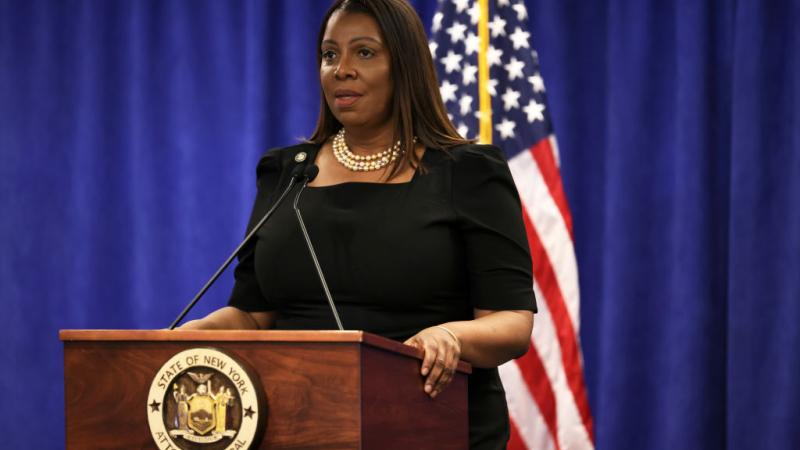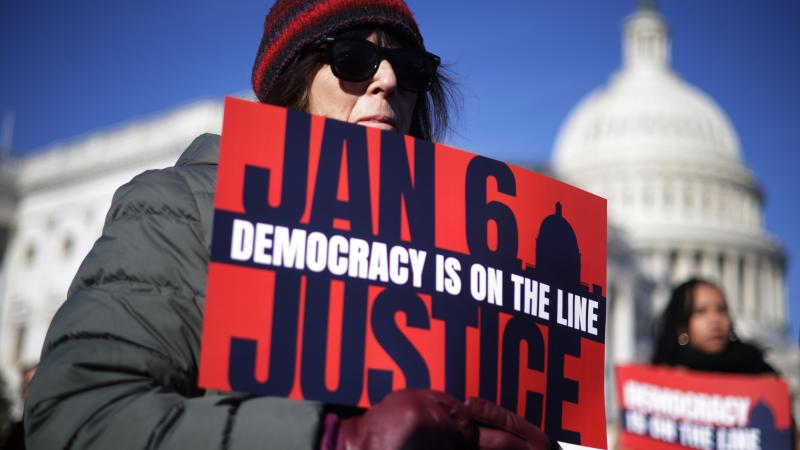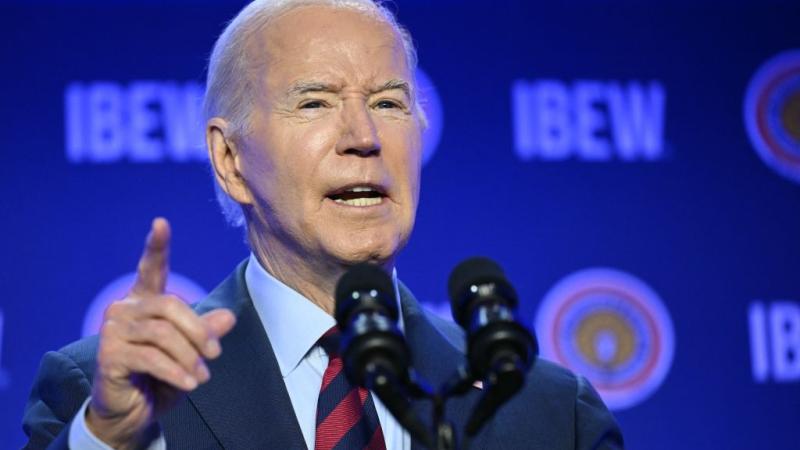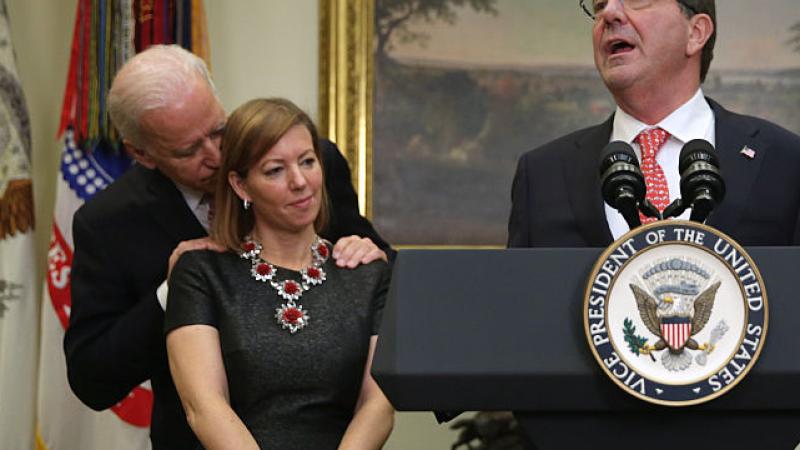FBI's cozy relations with reporters often backfired, ending with inaccurate scandal stories
Internal FBI text messages show widespread concern about bad reporting in Russia case. "The press is going to undermine its credibility."
A few weeks after Donald Trump won the White House, senior officials inside the FBI had their latest heartburn about the news media's coverage of a burgeoning Russia collusion controversy and the lingering Hillary Clinton email scandal.
The bureau had recently terminated its primary informant in the Russia probe Christopher Steele for leaking, and several of its leads about Russia-Trump collusion were falling apart. And inaccurate stories about the two biggest scandals in Washington were cropping up everywhere, even when FBI officials tried to work with reporters.
"Yes, the headline is REALLY misleading," then-FBI deputy counsel Lisa Page wrote a colleague in a text message concerning a New York Times article that day. The text message didn't further identify the article but made clear the article was the result of a bureau overture to reporters that backfired.
File
Page's colleague reported that another official who saw the headline had "really flipped out," "but then he read the article and was like 'what’s the point?' Which is really a question that answers itself."
"I'm glad it was so superficial," the colleague added. "If they decide to start digging deep, we are screwed on trying to protect some of our stuff related to that case."
Page wrote back saying the article likely was the result of an FBI overture that went awry. "My guess is we 'suggested' a good news story about the Bu," she wrote. "To remind people that we are still the good guys trying to keep America safe and not political operatives who sway elections."
Thousands of FBI text messages declassified over the last three years from the Russia and Clinton email capers lay bare a bureau that frequently leaked to reporters, with some senior officials being on a first name basis with reporters at outlets like the New York Times, CNN, the Wall Street Journal and ABC News.
But the outcome often frustrated the FBI, which viewed the resulting articles to be wildly inaccurate, misleading or breathless, creating a false storyline of Russia collusion.
"The rewrite headline is still wrong," one FBI official texted in December 2016 over a Washington Post article claiming the FBI agreed with the CIA that Russia tried to help Trump win the election.
"And OPA [office of public affairs] wasn't able to get the stupid WP headline changed," another texted.
Peter Strzok, the lead FBI agent for both the Russia and Clinton email cases, was one of the bureau's biggest critics of the news media, criticizing inaccurate stories and taking an especially sour view of some New York Times reporting.
For instance, when a colleague wrote him on Jan. 19, 2017, the day before Trump took office, to say that he was "angry about the times articles. This just has to stop," Strzok fired right back.
"Yeah, and it's not even news!" Strzok wrote back. "No substance, and largely wrong. The press is going to undermine its credibility."
A month later, Strzok had become so upset with the Times' coverage of Russia collusion that he took the rare step of penning a lengthy memo to bosses dissecting nine falsehoods in an explosive front-page article alleging the FBI had intercepted contacts between the Trump campaign and Russian intelligence.
"We are unaware of ANY Trump advisers engaging in conversations with Russian intel officials," Strzok wrote, completely debunking the headline. "Our coverage has not revealed contact between Russian intelligence officers and the Trump team."
Strzok slashed through the article, identifying one inaccuracy after the next.
When the newspaper claimed Trump campaign chairman Paul Manafort was intercepted making a call to Russians, Strzok wrote: "We are unaware of any calls with any Russian government official in which Manafort was a party."
And when the Times claimed the "FBI has obtained banking and travel records" to make its case, Strzok noted: "We do not yet have detailed banking records."
Days later, the sheer inaccuracy of that story was still rumbling through the FBi.
"A lot of media about Priebus asking asking Andy to say something about the inaccuracies in the NYT article last week," Strzok wrote a colleague on Feb. 24, 2017, relating how then-White House Chief of Staff Reince Priebus had reached out to FBI Deputy Director Andrew McCabe.
File
The colleague wrote back, "We will never get away from this." Indeed, the false article lingered in the public square for months, even prompting FBI Director James Comey to publicly repudiate it during a congressional hearing.
By the time Strzok left the investigation in summer 2017 (when Special Counsel Robert Mueller removed him over politically toxic text messages he had exchanged with Page), he would again lament media coverage one last time.
"All the press speculation otherwise is complete BS," he wrote, adding the word "shocker" to emphasize his dismay.
File
Despite all the consternation about inaccurate reporting, though, the same text messages show that many senior FBI officials remained in touch with the news media — especially McCabe, who often texted with reporters at the New York Times and other news organizations.
"Congrats on the new gig," Times reporter Matt Apuzzo wrote in one such message in 2016 after McCabe was named deputy director.
"Thanks very much Matt," McCabe wrote back. "It's a great opportunity and a great challenge. I am lucky to have it."
The two then arranged to have "drinks or lunch."
Another time, ABC journalist Josh Margolin thanked McCabe for helping on a weekend with a story.
"Andy, it's Josh Margolin at ABC," the reporter texted. "Thanks for your help on Saturday. Sorry to disrupt your vacation. …Are you in DC Thurs or Friday next week? I have something interesting and delicate I'd like to discuss with you."
"I am around next week," McCabe answered, offering to get the FBI's public affairs chief to arrange the meeting.
You can read all of McCabe's text messages here:
File
Ultimately, McCabe's dealings with the news media became his undoing. He was fired after a Justice Department investigation concluded he lied about authorizing the release of information to the Wall Street Journal about an investigation and that he did not have the right under bureau rules to authorize the anonymous leak.
"We therefore concluded that McCabe's disclosure of the existence of an ongoing investigation in this manner violated the FBI's and the Department's media policy and constituted misconduct," the IG concluded.
File
The Facts Inside Our Reporter's Notebook
Documents
File
File
File
File
File

